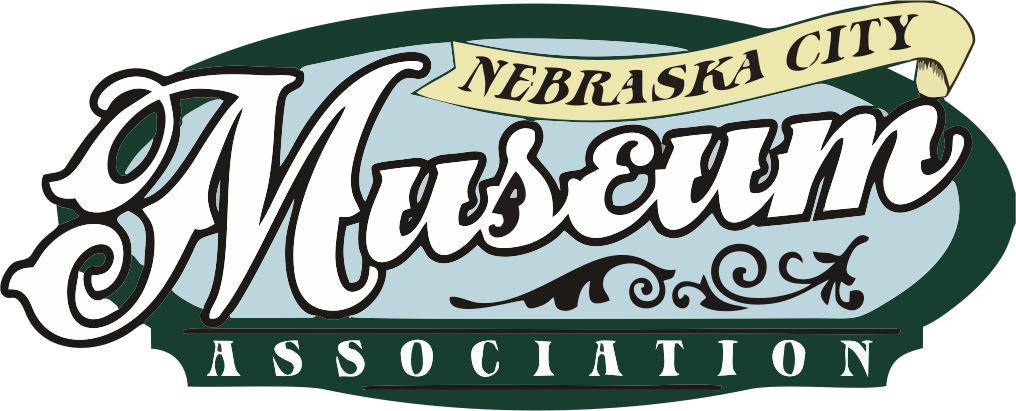What is a Chautauqua?
If you haven’t heard already, you soon will that a Chautauqua to be held in Nebraska City this June. The question on most people’s minds is what is a Chautauqua? While the modern interpretation of the four day event is now more historic in nature, Chautauquas actually have religious roots. Named after Chautauqua Lake in the resort district of New York, held in 1874, it was organized by a Methodist minister John Heyl Vincent. Created for Sunday school teachers, it essentially was an outdoor summer school.
Held under a large tent in rural areas, the concept of three to four day outdoor event caught America’s attention. Running up until the 1920s, traveling Chautauquas made their way through rural regions of the United States featuring speakers, sermons, music, and entertainment. Before the age of radio, residents of these sparsely populated areas were starving for information and entertainment. After World War I, interest in the outdoor format lost interest nationally as the growing radio and movie industries made access to information and entertainment more convenient.
In the late 1970s and 80s, the Chautauqua format experienced a renaissance. However, this time it has become historical in nature. Now the primary speakers portray a specific individual in history as that person; this is known as ‘first person’ in living history terms. Sponsored by Nebraska Humanities and the National Humanities Councils, only two Chautauquas are held in the state each year. This year, Seward is the other community hosting the event. Commemorating the 100th anniversary of the United States’ entrance into World War I, the theme is “World War I: Legacies of a Forgotten War”.
While the special event in Nebraska City will be June 21 through the 24, Peru State College will also host activities the two days prior to its coming to Nebraska City. During the day, seminars and a youth Chautauqua camp will be held at venues around the community. At night, the featured speakers will present in the Nebraska City High School Auditorium. In addition to the Humanities support, local donors have also made the event possible; admission to all of the activities is free.
So now you know what a Chautauqua is. Over the next several months there will be speakers and activities to build interest and awareness of the June event. This is a great opportunity to learn more about the impact of World War I on Nebraska as well as Nebraska City; and impress people with the fact that you know what a Chautauqua is.
